Football continues to ignite the flames of war
Could a missile strike on a football pitch in the Israel-occupied Golan Heights be the spark that ignites a wider Middle East war?
Welcome to Sports Politika, a media venture founded by investigative journalist and researcher Karim Zidan that strives to help you understand how sports and politics shape the world around us. Our mission is to offer an independent platform for accessible journalism that raises awareness and empowers understanding.
If you share this vision, please consider supporting us by joining our community and becoming a paid subscriber.
On Saturday, a missile attack on a football pitch in the Israel-occupied Golan Heights killed 12 people—mainly children—in a strike that risks transforming the Israel-Gaza war into a wider regional conflict.
Footage of the attack posted online showed the moment the rocket struck, resulting in a big explosion and rising smoke and debris.
The rockets struck a football pitch in the Druze village of Majdal Shams in the Golan Heights, a territory that Israel captured from Syria during the 1967 Six-Day War and annexed in 1981. It is considered occupied territory under UN Security Council resolutions and international law.
The region is home to approximately 20,000 Druze Arabs and around 25,000 Israeli settlers. The Druze community identify as Syrians and have rejected offers of Israeli citizenship.
According to the Regional Council of Majdal Shams, none of 12 victims were Israeli citizens, though Israeli opposition leader Yair Lapid said during the funeral procession that “the children who died on that football field could have been any of our children. Therefore, they are indeed the children of each of us.”
Far-right finance minister Bezalel Smotrich was also at the funeral procession, where he was berated by local residents who demanded he leave after he declared that “Lebanon as a whole has to pay the price.”
Israeli Prime Minister Benjamin Netanyahu blamed Hezbollah for the strike on the football pitch and vowed that the Lebanese group will “pay the price.” Other top Israeli minister called for the killing of Hezbollah’s leader Hassan Nasrallah.
Hezbollah denied any involvement in the strike, instead blaming a stray projectile from the Iron Dome missile defence system.
The Israeli military claims to have found evidence of an Iranian-made Falaq-1 rocket at the scene of the strike, adding that they believe a Hezbollah commander directed the strike from a launching site in southern Lebanon. Meanwhile, US Secretary of State Anthony Blinken said there was “every indication” that Hezbollah was behind the attack.
Lebanese foreign minister Abdallah Bou Habib told Sky News that there was “no logic” for Hezbollah to have been behind the attack.
“Whatever happened, we as a government condemn the killing of civilians—whoever they are, wherever they are, in the Middle East or all over the world,” he said. “So we condemn this incident that happened, because it was against civilians and against young men who were playing football or something like that.”
Bou Habib added that since the strike happened in an area that is occupied territory, Israel does not have a “licence to kill and destroy.”
Nevertheless, the Israeli military said it struck several targets inside Lebanon overnight, though the strikes appear to have been consistent with the attacks along the border over the past 10 months and not indicative of a response to the Majdal Shams strike.
On Sunday evening, Israel’s security cabinet authorized Netanyahu to decide on the response to the attack. The US and France are reportedly trying to prevent Israel from targeting Beirut.
French President Emmanuel Macron spoke on Saturday night with Israeli president Isaac Herzog, who was in Paris for the opening ceremony of the Olympic Games. Furthermore, the US is attempting to work with the Lebanese government to ensure that even after Israel’s retaliatory strike, it can minimize Hezbollah’s response and prevent a full-scale war.
The escalating tensions in the region also draw a spotlight to the ongoing shadow war between Israel and Iran, the latter of whom is the main patron of Hezbollah.
Tehran has since called the Majdal Shams strike a “fabricated scenario” in a statement issued Sunday and warned that a response would further destabilize the region.
“Israel does not have the minimum moral authority to comment and judge about the incident that happened in Majdal Shams area, and the claims of this regime against others will not be heard either,” the statement issued by Iran’s foreign ministry read.
There are also fears that further escalations would lead to the involvement of other militias, including the Houthis in Yemen. Egypt’s foreign ministry warned Sunday of the “dangers of opening a new war front in Lebanon.”
Football in the time of war
The deadly strike on the Majdal Shams football pitch is also the latest example of the impact the ongoing war has had on sports—especially football—in the region.
Over the past ten months, Israel has decimated Palestinian football, destroying or severely damaging the vast majority of Gaza’s stadiums. Yarmouk stadium was used as an internment camp for Palestinian detainees, including elderly women and children. Furthermore, the Palestinian Football Association (PFA) announced that at.least 231 footballers have been killed, including 66 children from the football academy.
Among the footballers killed was Palestinian legend Mohammed Barakat, Gaza’s first centurion of goals and a former national team player known as the “Legend of Khan Younis.” Shortly before he was killed, Barakat released a tearful message on social media, bidding farewell to his loved ones while bombs could be heard falling in the background.
“I ask for forgiveness and for your prayers,” the 39-year-old Barakat said. “My mother and father, you are beloved and precious to me. Finally, my children, my beloved, I entrust you to God. This is where I end.”
The ongoing tensions are evident at the Paris Games, where Israeli athletes, including the men’s football team, receive constant personal security within the Athlete Village and at events. During Sunday’s football match against Paraguay, the Israeli national anthem was booed, and attendees waved Palestinian flags and displayed slogans.
“Genocide Olympics,” read one of the banners.
Related Reading:
Sports Politika is a media platform dedicated to the intersection of sports, power and politics. If you like what you see, upgrade to a paid subscription ( or gift a subscription if you already have your own). We would appreciate if you could also like the post and let us know what you think in the comment section below.



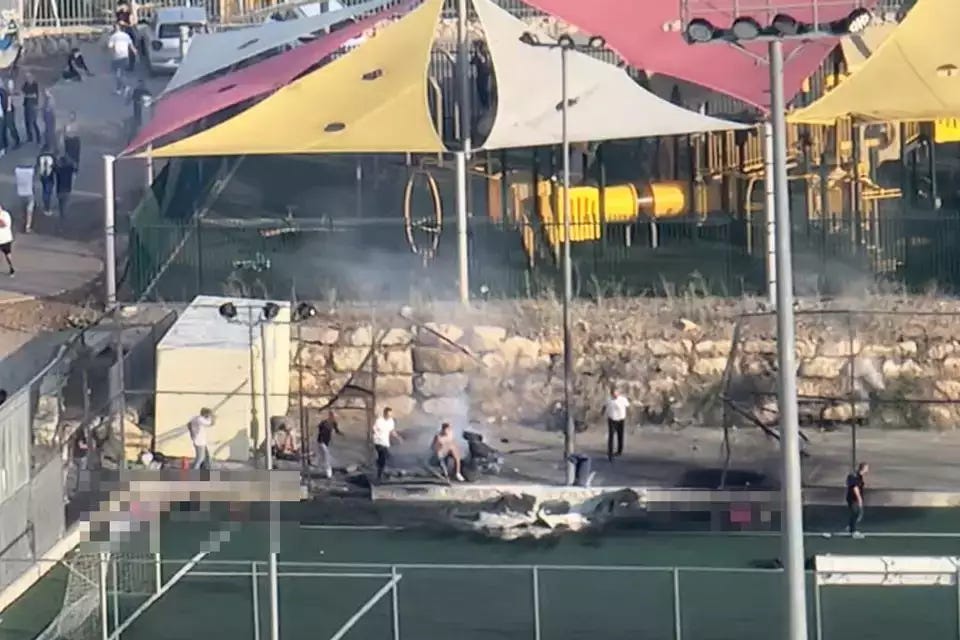
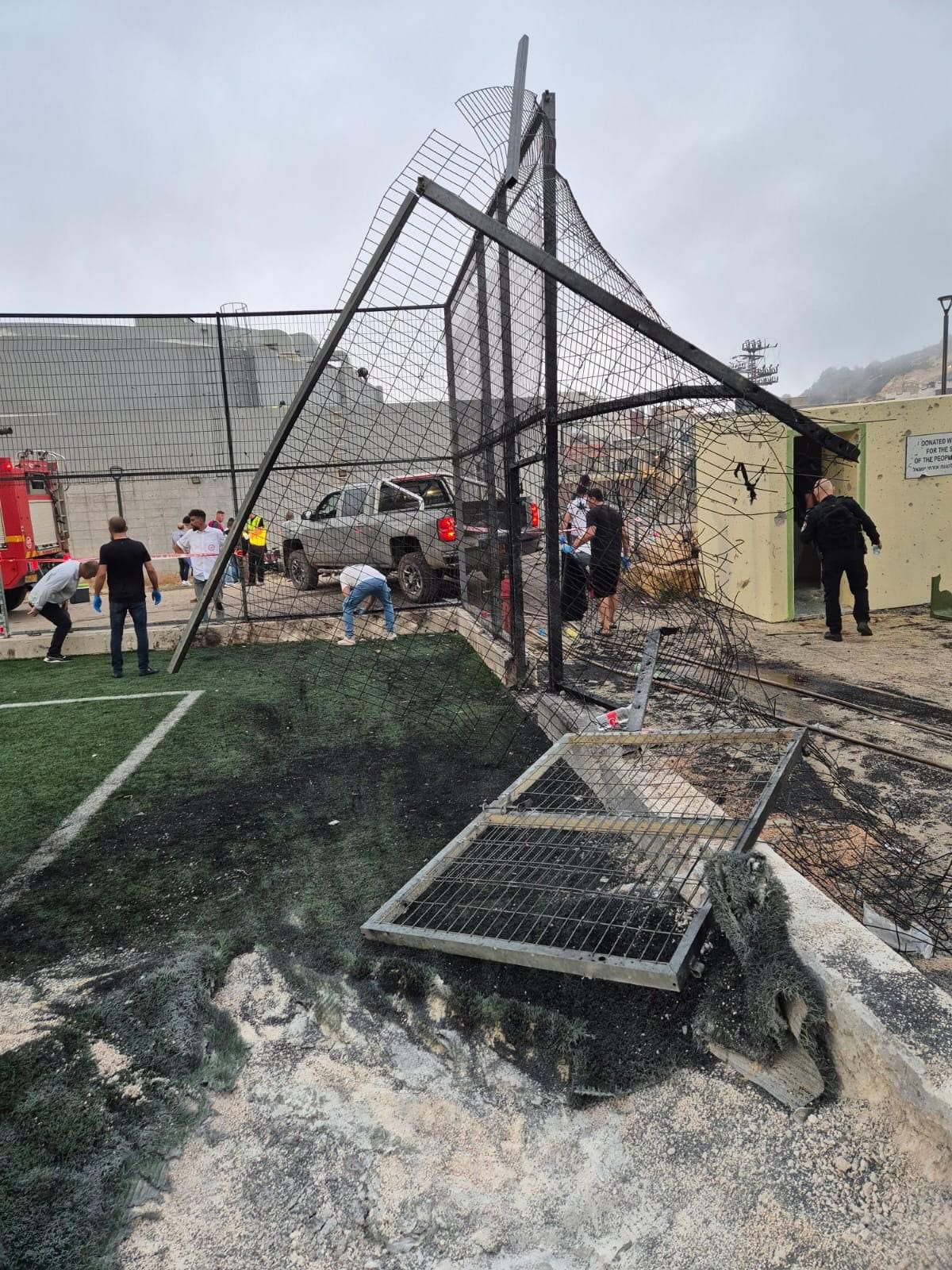
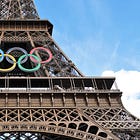
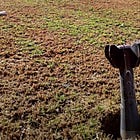
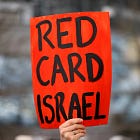

Thanks for putting this out there. Very informative and sobering.